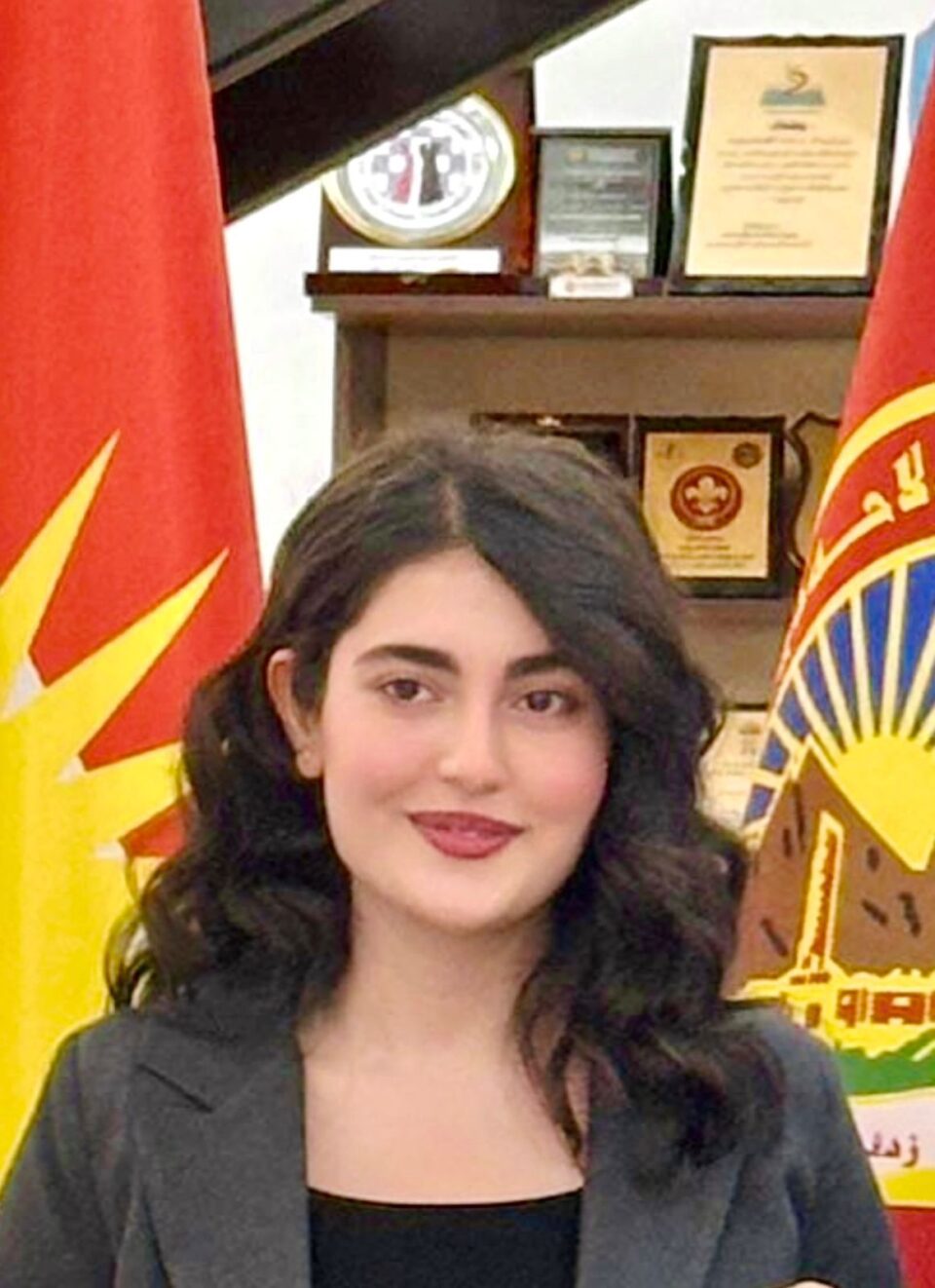By Awesta Ali Mohammed
The Kurdish diaspora in Europe and the United States plays a crucial role in preserving Kurdish cultural identity while integrating into host societies. This dual process of maintaining heritage and adapting to new environments is shaped by various factors, including political conditions in both Kurdistan and the diaspora’s new homes.
Diaspora organizations are central to the cultural preservation of Kurds abroad. These organizations act as community hubs, offering language classes, traditional music and dance workshops, and political advocacy initiatives. In cities with significant Kurdish populations, such as London and Nashville, these organizations provide spaces where Kurds across generations can connect with their heritage. By organizing events and promoting cultural exchange, they play a pivotal role in maintaining Kurdish traditions and fostering solidarity between the diaspora and the homeland.
Cultural festivals are another cornerstone of Kurdish identity preservation. Events such as Newroz (the Kurdish New Year) are celebrated with enthusiasm and offer a unique opportunity for Kurds to publicly express their cultural traditions. These festivals not only strengthen unity within the diaspora but also help introduce Kurdish culture to the broader public in host countries. Celebrations in cities like Stockholm and Berlin serve as platforms for intercultural exchange, raising awareness of Kurdish history and fostering understanding between Kurds and their non-Kurdish neighbors.
Media also plays a crucial role in connecting the Kurdish diaspora to their homeland. Kurdish-language media outlets, including television channels like Rudaw and Kurdistan24, provide news, cultural content, and entertainment tailored to the diaspora. These channels help ensure that the Kurdish language and culture remain vibrant within the diaspora, while also raising global awareness of Kurdish political struggles. Online platforms and social media further reinforce these connections, offering a space for both cultural preservation and political activism, allowing Kurds to participate in global conversations about their future.
While cultural identity preservation is a priority for the Kurdish diaspora, integration into host societies is equally significant. Many Kurdish communities have successfully navigated the complexities of dual identity by embracing elements of both their Kurdish heritage and the culture of their host countries. This process often results in a hybrid identity, where Kurds actively participate in local civic life while maintaining strong cultural roots. The inclusive policies of many Western societies, which encourage multiculturalism, have facilitated this integration, enabling Kurds to contribute to their new communities without losing their identity.
In conclusion, the Kurdish diaspora in Europe and the United States exemplifies the ability to maintain cultural identity while adapting to new environments. Through the efforts of diaspora organizations, cultural festivals, media, and political activism, the Kurdish community has successfully preserved its heritage while engaging with its host societies. These efforts not only contribute to the preservation of Kurdish culture but also raise global awareness of the Kurdish cause, highlighting the significance of the diaspora in the broader Kurdish struggle for recognition and autonomy.

